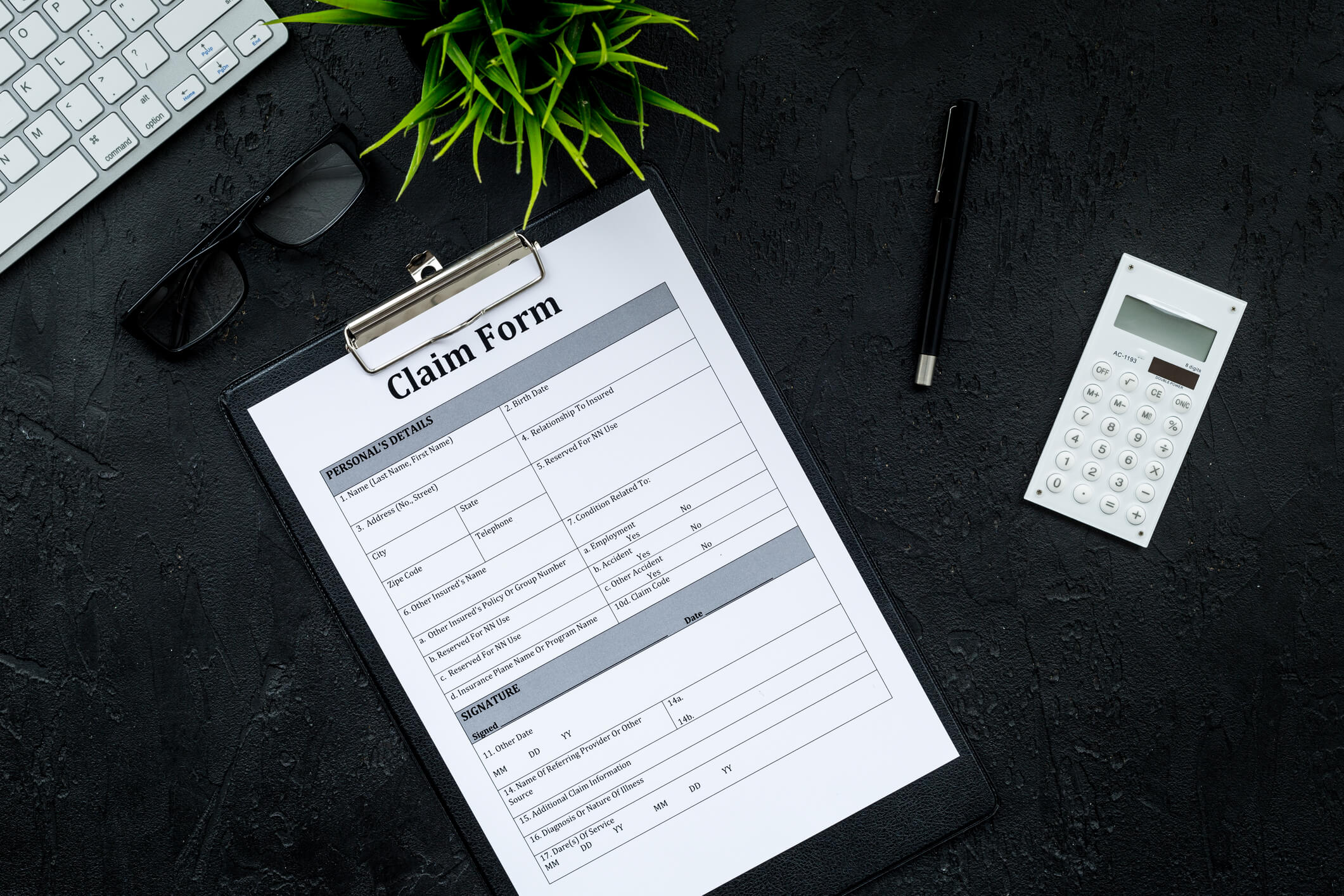Are you grappling with the complexities of damage claims and feeling overwhelmed?
This article unveils four legal strategies that can deliver wins in damage claims cases. These strategies are not just theoretical concepts. They are practical tools honed in the heat of legal battles.
Don’t let your case be just another statistic in the annals of legal battles. Take the first step toward a successful case with us today.
Strategy One: Employing the Doctrine of Res Ipsa Loquitur
The doctrine of Res Ipsa Loquitur plays a pivotal role, particularly in damage claims. This Latin term, meaning “the thing speaks for itself,” becomes crucial when an accident implies negligence.
Res Ipsa Loquitur is a game-changer because it shifts the burden of proof from the plaintiff to the defendant. This legal principle is valuable in cases where direct evidence of fault is scarce. For example, it may apply to complex medical malpractice or product liability scenarios.
Another compelling example of Res Ipsa Loquitur’s effectiveness is in product liability cases. Consider a consumer who bought a new electronic appliance that unexpectedly malfunctioned. Proving manufacturer negligence would typically require extensive technical analysis and evidence. However, by leveraging Res Ipsa Loquitur, the plaintiff may argue that such malfunctions usually don’t happen without some manufacturing or design fault.
Successfully employing Res Ipsa Loquitur demands a meticulous and strategic approach. Your attorney must establish the following:
- The type of accident typically would not occur without negligence
- Demonstrating that the plaintiff did not contribute to the cause of the incident
- Articulating that the evidence for negligence is more accessible to the defendant than the plaintiff
Strategy Two: Utilizing Comparative Negligence Arguments
Understanding comparative negligence in tort law is essential when assessing liability and damages. This principle comes into play when multiple parties contribute to an accident. It’s all about dividing fault fairly among everyone involved.
For instance, imagine a scenario where a plaintiff shares some blame for an accident. Under comparative negligence, their compensation gets adjusted to reflect their part in the incident. If a court finds them 30% at fault, their damages award will be lower by the same percentage.
Take the instance of a high-profile auto accident case where comparative negligence was a game changer. Picture a scenario involving a plaintiff and a defendant, each contributing to the crash. The plaintiff was speeding, and the defendant failed to yield. When this case hit the courts, the principles of comparative negligence were front and center.
Strategy Three: Leveraging Precedent and Case Law
In damage claims, leveraging precedent and case law is a fundamental strategy. Precedents, established by prior court decisions, provide a critical framework for judges and attorneys. They guide the understanding and adjudication of cases with similarities to those previously addressed. In such claims, citing pertinent precedents is instrumental in fortifying a case. It involves aligning the case’s facts with those of successful historical claims.
This tactic requires an extensive analysis of past rulings to unearth parallels that bolster the current case’s position. Attorneys can craft a compelling argument for a favorable court ruling by citing comparable situations. This method effectively uses the authority of judicial history to strengthen their position.
However, simply referencing precedents is not sufficient. The essence of effective legal strategy lies in the adept interpretation and application of these precedents. This process demands a skilled legal analysis and argumentation. Attorneys must communicate their case’s facts to align with the critical elements of the precedent.
Strategy Four: Maximizing Damages Through Expert Testimony
Choosing the right expert is crucial in legal strategy. The ideal expert must have more than the necessary qualifications and experience. They should also explain complex ideas clearly, concisely, and convincingly.
In personal injury cases, for instance, medical experts play a vital role. They detail the severity of injuries, necessary treatments, and the lasting effects on the plaintiff.
The insights provided get tailored to the details, ensuring their relevance and influence. Additionally, the expert’s credibility is of utmost importance. Their background, qualifications, and testimony history must stand up to rigorous cross-examination.
Incorporating expert testimony into the overall case narrative is critical to building a persuasive legal argument. Beyond merely presenting the expert’s findings, it’s essential to integrate them seamlessly. This task means the expert’s conclusions should reinforce and substantiate the arguments about liability and damages.
Consult a Local Lawyer
Managing damage claims requires strategic thinking and an in-depth understanding of legal tactics. From employing Res Ipsa Loquitur to leveraging comparative negligence, these strategies provide pathways to achieving justice.
Professional guidance is crucial due to its intricacies. Seek assistance from a local attorney specializing in this field to present your case effectively.
Our representatives are standing by 24/7 at (866) 345-6784 or by completing this quick form!

